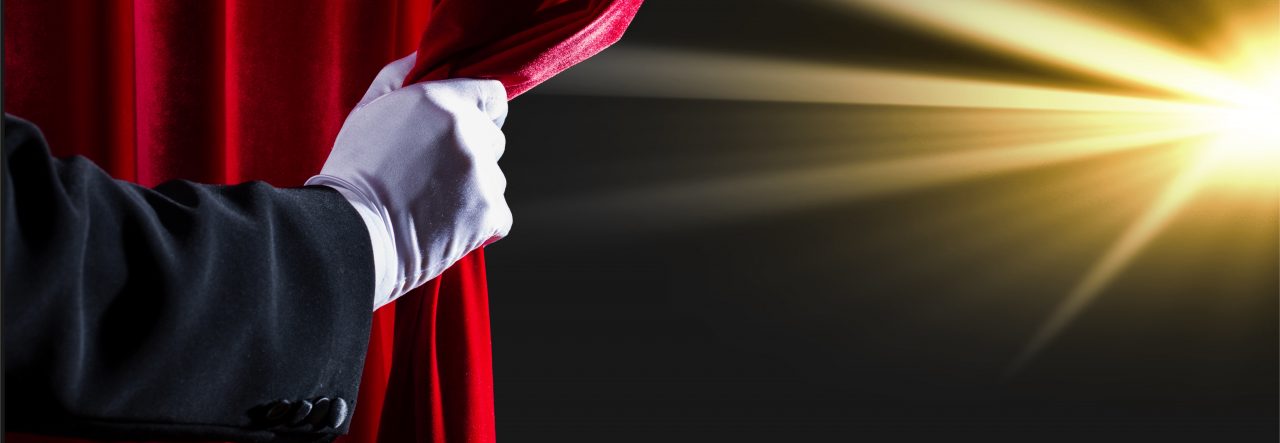

For the next five weeks BBC1’s Sunday prime-time series is the first television adaptation of Len Deighton’s 1978 novel. It feels like there have been trailers for some time now and they all made it look very polished. I’ve recently read the book and although the premise of an alternative history whereby Britain was occupied by the Nazis following defeat at the Battle of Britain is fascinating (and meticulously planned by the author) the plot felt a little lacklustre, characterisation dated and the relationships between the main characters somewhat stilted. However, I did get some enjoyment from the book and thought this visual interpretation would help me at moments if my attention wandered from the story. I do think, however if I had the job at looking at what to adapt for television I might have given this a miss in favour of the similarly themed but more satisfying novels by Tony Schumacher.

My assumption about the visuals felt correct from the opening moments as a spitfire looped a loop in the countryside before flying into London and landing on the Mall with a bomb-damaged Buckingham Palace in the background. A truly impressive set of pre-credit visuals to get the series off and running. A radio news broadcast announces the relaxation of a curfew to celebrate German/Soviet Friendship Week, which we feel might suddenly become less friendly as a member of the British Resistance guns down a German Officer.

It is November 1941 and we soon meet (post-coitally) Douglas Archer from Scotland Yard who is now solving crimes alongside the Nazis. He is played with disappointing throatiness by Sam Riley, an actor, model and musician best known for playing Joy Division’s troubled front-man Ian Curtis in “Control” and as Diaval in “Maleficent”. I’d not seen him before this and do not know if he naturally speaks in low, hushed clipped tones or whether he feels this is part of the film-noirish elements of the piece which didn’t appeal to me when I read the book. Before I’d seen any of this I’d written about Deighton’s novel; “it feels like it should be read out of the corner of the mouth with a cigarette on”. I might have suspected Riley of taking my note literally, that is if it hadn’t been filmed what seems like an inordinately long time ago at the end of 2015.
About ten minutes in, you realise what is going to happen and it has nothing to do with the plot. This series is going to be most remembered for that bugbear of the BBC Drama – mumbling. Like “Happy Valley” which wasn’t spoilt by the much complained about mumbling and the much-maligned “Jamaica Inn” which certainly was it is the mumbling grumbling which is going to dominate. Indeed by the day after broadcast there had been complaints to the BBC (apparently less than 100 by Monday afternoon from a 4 million viewing audience, but the press always like a good BBC-baiting news story) and it is fairly evident that there’s little that can be done about it because the lead actor has chosen to play it that way. Is this the reason behind the length of time between production finishing and transmission?

On Friday’s “Gogglebox” we watched the viewers straining to decipher what was being said, which was funny, but which also means that from here on we will be watching this differently. I had put the subtitles on very early on and it did not especially mar my enjoyment. It was good to see James Cosmo (since the filming of this becoming much better known because of his likeable stint in the Celebrity Big Brother house earlier this year) co-starring as Harry Woods. I also understood every word he said.
The rest of the cast wasn’t particularly familiar to me (apart from Aneurin Barnard who had been so good as “Our Bobby” in “Cilla”) and it is interestingly by a German, Philipp Kadelbach and has been written and adapted for television by Neal Purvis and Robert Wade, who may address some of the shortcomings of the novel.
Once we’d risen above the audibility issues the first episode felt reasonably close to the book and so I share the same reservations I had for the novel. I am going to stick with it, however. I am especially looking forward to a Highgate Cemetery scene which given the high production values in the visuals promises to be a series highspot.

SS-GB is shown on Sundays at 9pm on BBC1. The first episode is still available on the BBC I-Player.



Thanks for the warning! Incomprehensible mumbling is one of the major reasons I’ve almost stopped watching TV dramas, so I shall promptly delete this from my TIVO!
LikeLike
I’m quite happy to put the subtitles on but you can’t help wondering …….Why does this still happen?
LikeLike
Pingback: Strike: The Cuckoo’s Calling (BBC1 2017)- A What I’ve Been Watching Review – reviewsrevues